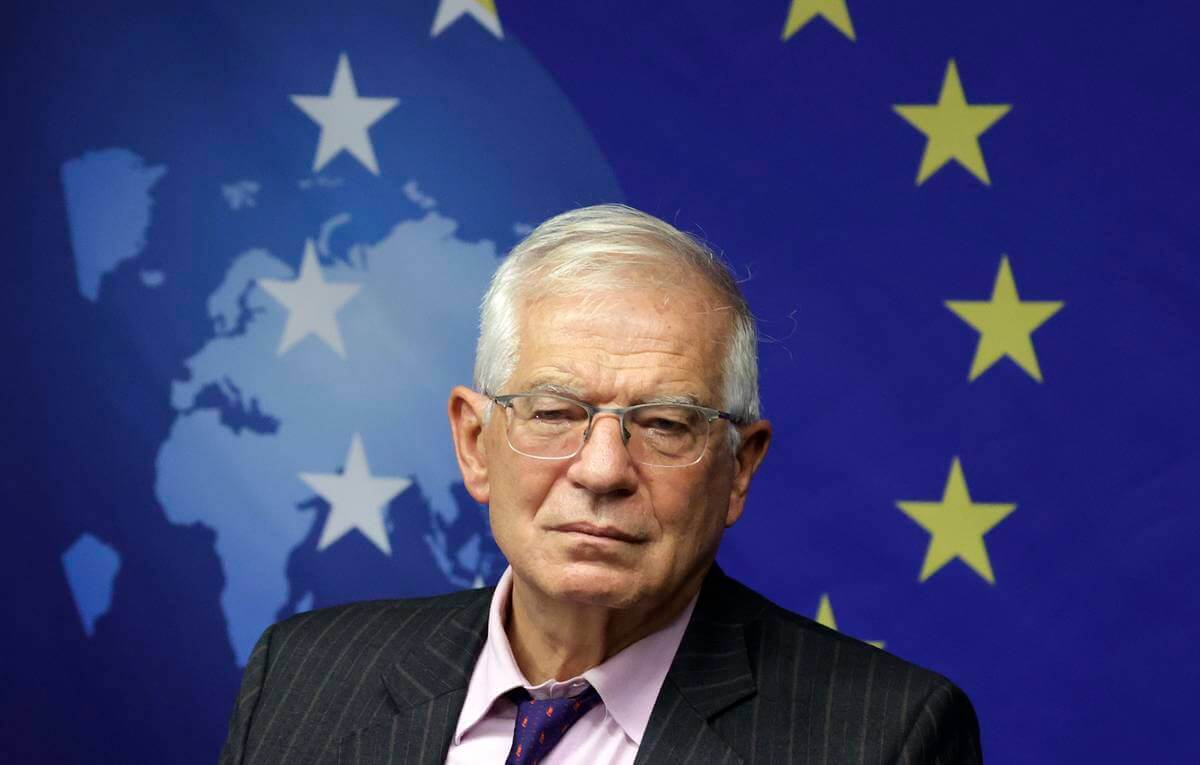On Monday, European Union (EU) foreign policy chief Josep Borrell slammed Russia for using soaring energy prices as a geopolitical weapon against Europe.
“The increase in energy prices has deep geopolitical roots. It’s part of a geopolitical battle,” Borrell said. He also referred to some regulatory issues that need to be solved by the EU members but reaffirmed that gas prices and shortages need to be addressed from a geopolitical perspective. “Russia has honoured all its contracts. It cannot be said that they were not delivering when they said they would, but it has not increased the quantities contracted for,” he added.
Borrell’s remarks come amid growing frustration among the Union members over increasing energy prices, which has become the bloc’s top agenda and were discussed at great lengths at a recent foreign ministers’ meeting in Luxembourg.
The EU diplomat’s comments also refute Russian President Vladimir Putin’s claims that Moscow is not using the sale of gas as a political weapon against Europe. Instead, Russia has blamed the EU for the energy crisis, citing the termination of long-term contracts with Russian gas giant Gazprom and buying gas on the spot from the market, where prices tend to fluctuate. Despite this, last week, Putin promised to boost the supply of natural gas to Europe.
Analysts believe that Russia wants high energy prices in Europe to thwart the EU’s plans to move to renewable energy, including the discontinuation of fossil fuels.
Earlier this month, in an interview with the Spanish daily El País, Borrell indicated that Russia is taking advantage of the energy crisis to ensure that Europe imports gas through the highly disputed Nord Stream 2 gas pipeline. Moreover, Poland has blamed Russia for impeding the supply of gas and called for an investigation into market manipulation by Gazprom.
Apart from Russia, Borrell also focused on the problems in Northern Africa involving Algeria and Morocco and liquefied natural gas from the Middle East and the United States going to Asia instead of Europe. He mentioned that the “geopolitical dimension” of the energy crisis would be discussed at the foreign ministers’ meeting in November.
EU’s Borrell Slams Russia for Using Rising Energy Prices as Geopolitical Weapon
The EU diplomat’s remarks refute Russian President Vladimir Putin’s claims that Moscow is not using the sale of gas as a political weapon against Europe.
October 19, 2021

SOURCE: TASS
